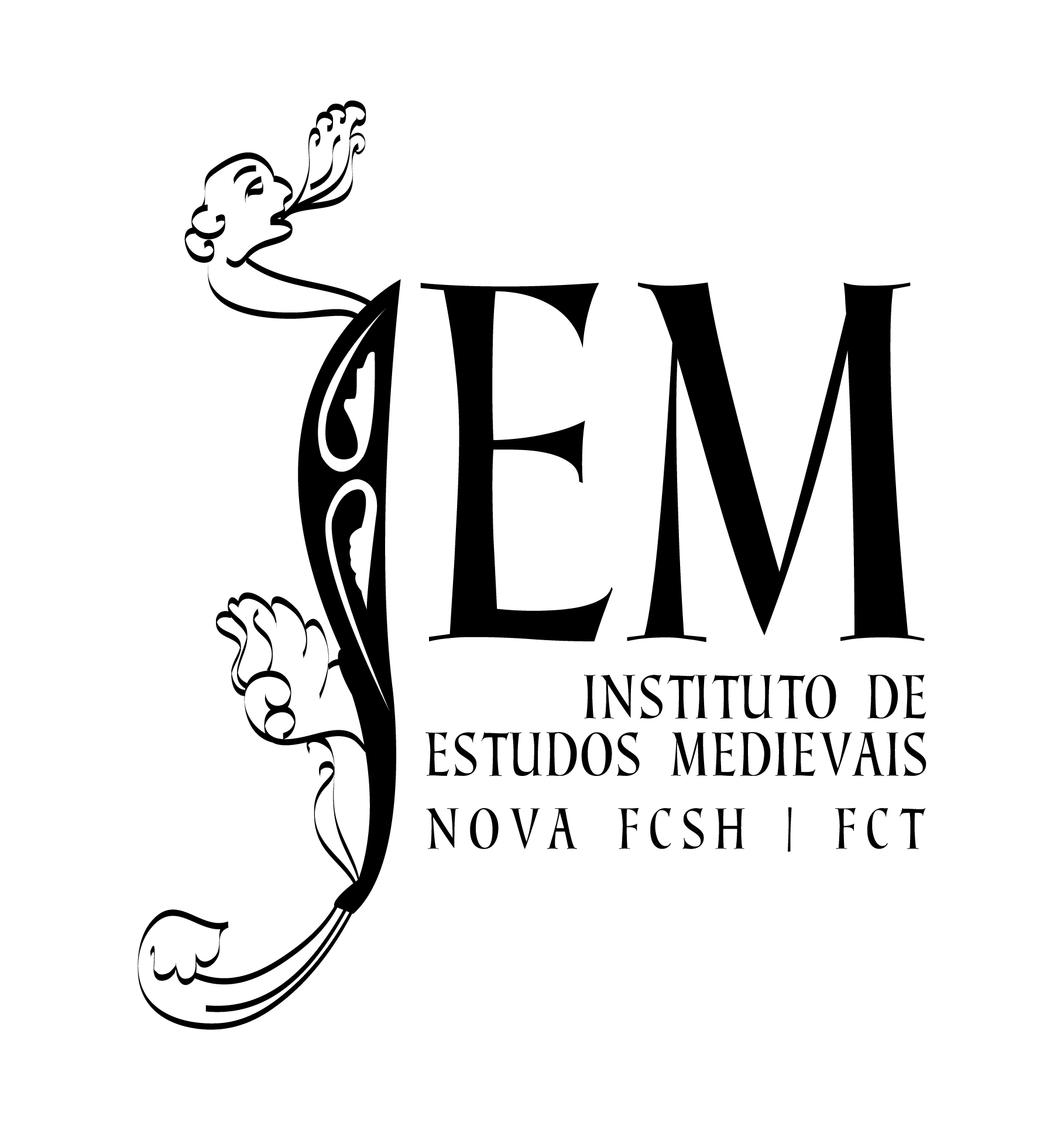Medieval troubadour
Bibliographic notes
Italian troubadour, born in Genova (Bonifaz de Genova as the songbooks name him) that composed most of his work in Occitan (from which 19 songs remain). It’s possible that he may have been a member of the genovese Calvos family, that took residence in Seville shortly after the conquest of the city and following the visit of a genovese ambassador, Nicolo Calvo, that obtained from King Fernando III the permit to establish there a trade colony, attested by a set of donations made at the city’s repartimiento, and confirmed ten years after by Alfonso X.Bonifaci’s name doesn’t appear in those documents, but it’s possible that he may have arrived to the Castilian court at the same epoch, a fact that may be deduced from his Occitan songs in which not only he quotes King Alfonso X, but also gives his support to the king’s political positions regarding Gascony and Navarra (and that may be, then, dated to 1253-1254).Also, most of his Occitan love songs include a dedication to Alfonso X, with whom he appeared to be quite close. Like Carolina Michaelis, who dedicated a fair time addressing the troubadour’s biography, Vicenç Beltran2 believes, therefore, that Bonifaci Calvo would have remained long years in the Castilian court, maybe until 1266, the year where he is documented in Genova again (and, this time, up until 1273).A sixteenth century biography of the Occitan troubadours, more or less fantasist, authored by Jean de Nostredame (Les vies des plus celèbres et anciens poètes provençaux), presents him in love with a lady from the Castilian royal family, a certain Dona Berenguela (perhaps an illegitimate daugher of Alfonso X), then goes on to report that he would have moved to Provence and married a noble lady there. Being impossible to confirm his love story with the Castilian princess, this story is perhaps based on one of his love songs, in whose beginning he says that Tan auta domna.m fai amar/ Amors (such noble lady Love makes me love), as Beltran suggests.It should be added that Bonifaci from Genova is also the author of a well-known multilingual composition, Un nou sirventes ses tardar/ voill al rei de Castela far (a new satire without delay/ I want to adress to the King of Castile), a political themed song, but in which he successively uses Occitan, Galician-Portuguese, french and again Occitan.Bibliographic references
1
Vasconcelos, Carolina Michaëlis de
(1990),
Cancioneiro da Ajuda, vol. II
Lisboa, Imprensa nacional - Casa da Moeda (reimpressão da edição de Halle, 1904)
2
Beltran, Vicenç
(2005),
La corte de Babel. Lenguas, poética y política en la España del siglo XIII
Madrid, Bredos
Access the web page


